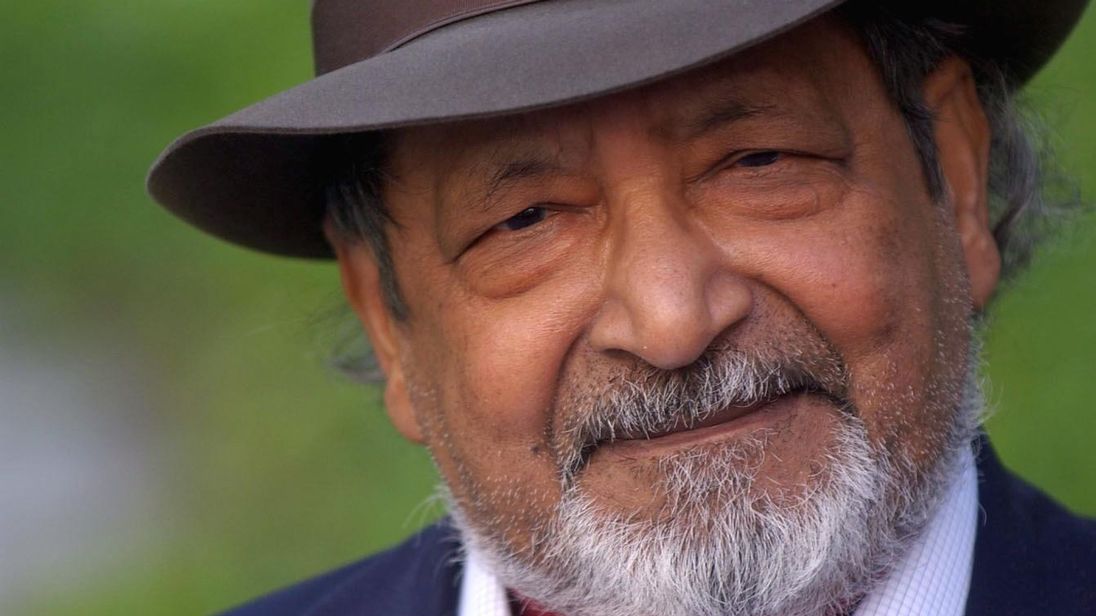
Sir Vidia Naipaul hurled insults at the developing world that can be easily rubbished. But not one word he wrote can we find out of place in his sentence or his logic. Naipaul gave every West Indian who needed it the confidence to write. He did it with such ease we all assumed writing as a super power we inherited. He took the colonizer’s language and showed we could execute it better, in traditional form or our own vernacular.
In this region, nearly every journalist or novelist of several generations read Naipaul for inspiration and technique. He taught us to be precise and give colour to our content and characters. He showed how writers can use what’s around them powerfully (Miguel Street) or how they can valuably mine their personal drama (House for Mr. Biswas).

Few writers have put complex ideas into such simple English as this Trinidadian who spent his life trying to be anything but that. He failed miserably, of course, because his writing invariably resembled Trini’s inimitable picong. He may have reached for global subjects and lofty ideas, but his wicked humour bubbled up almost involuntarily.
I had my 15 minutes of fame with the celebrated author and Nobel Laureate in New York. Another editor introduced him when I worked at Newsweek Magazine, and we talked as we walked several blocks to his hotel.
Curiously, his first question was did the magazine pay me well. I reminded him that since he started his career at the BBC he should know that it’s not a job people take for the money. My late friend Jimmy Rawlins, at whose home Naipaul was a dinner guest, suggested that another answer might have surfaced the next time he wrote something about West Indians.
He asked what it was like working for the magazine and about my immigrant experience in New York. He seemed genuinely interested in my answers, so I assumed it was useful content for something. I was surprised he seemed awed that Newsweek would do a cover story on him. It wasn’t a humility that I expected.
I never summoned the nerve to tell him the late thought leader Lloyd Best and poet Derek Walcott were hardly acolytes of his thinking or writing. In my interviews with them for Newsweek’s story, they both saw his attacks on West Indians as something close to self-hate. Lloyd in particular believed Naipaul was a waste of a good opportunity to help define the Caribbean voice he so passionately proselytized.
Parenthetically, the veteran Trinidad journalist George John accuses such labeling of Naipaul as pen envy.
Naipaul never seemed to escape the angst of a dissatisfied island colonial. Yet, sneaking out of his interviews is some small measure of empathy and the sense that his often not so nice throw away remarks were simply intended to provoke conversation.
While many of us loved to hate him, we still marveled at his penetrating gaze and his useful insights on any subject he researched. He wrote authoritatively and often beautifully about any part of the world and anything that was his focus. Sure, he had numerous biases. But under it all I believe he always knew what ideas to market when.
It’s not surprising that he declared the novel a relic as a tool for revealing the human condition once he had exhausted its usefulness. But it remained what he did best, and the world will remember Vidia for it.
~ Knolly Moses
